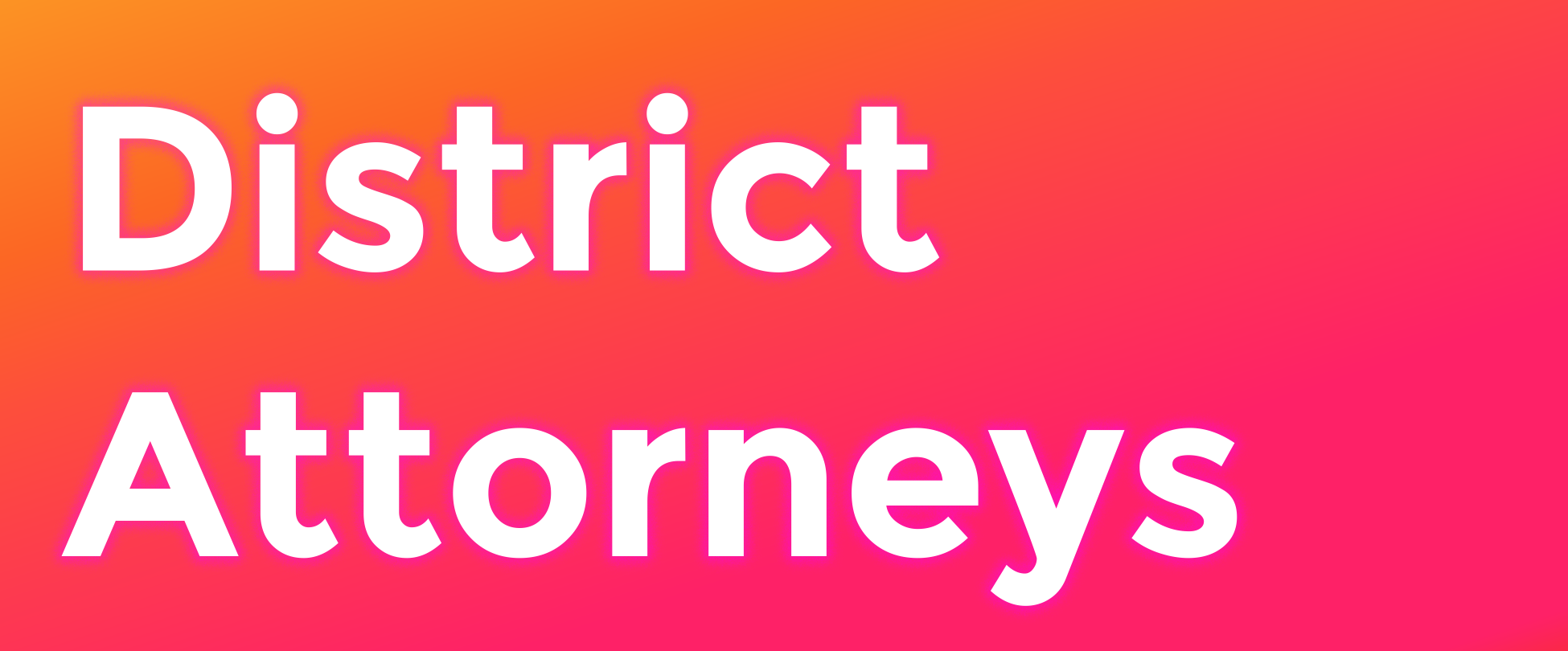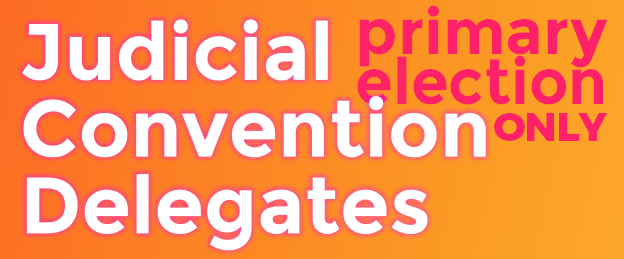
Ballot Question 2
Pensions of Officials Convicted of Felonies
The proposed amendment to section 7 of Article 2 of the State Constitution would allow a court to reduce or revoke the public pension of a public officer who is convicted of a felony that has a direct and actual relationship to the performance of the public officer’s existing duties. Shall the proposed amendment be approved?
This is how question #2 will appear on your ballot!
Ballot questions ("BQs"), or referenda, are on the ballot when the state or the city pose certain questions to voters, and we have a chance to weigh in on laws directly, outside the bounds of representational government.
The NYS Board of Elections briefly describes this question:
Allowing the complete or partial forfeiture of a public officer’s pension if he or she is convicted of a certain type of felony
Keep reading this page to:
- Discover how the Board of Elections summarized what the proposed amendment would accomplish,
- Compare the existing constitutional provision with the proposed text,
- Find the legislation that brought this BQ to the ballot, and
- Learn about the process for putting BQs to amend the state constitution to the ballot.
And, read up on how ballot questions work in NY state and city here!
The NYS Board of Elections Summarized the Constitutional Amendment Proposal in this Abstract
We're quoting the NYS Board of Elections Abstract text in full:
New York’s Constitution now provides that the benefits of a public pension or retirement system cannot be reduced or impaired. The purpose of the proposed amendment is to allow a court to reduce or revoke the public pension of a public officer who is convicted of a felony that has a direct and actual relationship to the performance of the public officer’s existing duties.
A court could determine, after notice to the public officer and a hearing, if a public officer convicted of such a felony would lose part or all of the pension. In reaching this determination, the court must consider factors including the seriousness of the public officer’s crime, the proportionality of a reduction or revocation to the crime, whether forfeiture would result in undue hardship or other inequity to dependent children, spouse, or other dependents, and any other factors provided by the Legislature. The Legislature must enact law that puts this proposal into effect, taking into account principles of fairness.
- The proposed amendment would define “public officer” to mean the following:
- An official filling an elected office within New York;
- A person holding an office that is filled by appointment by the New York Governor, whether or
- not that appointment has to be confirmed by the Senate;
- A county, city, town, or village administrator, manager or equivalent position;
- The head of any state or local government department, division, board, commission, bureau, public benefit corporation, or public authority in New York who is vested with authority, direction, and control over that entity;
- The chief fiscal officer or treasurer of a municipal corporation or political subdivision in New York;
- A judge or justice of the Unified Court System; and
- A legislative, executive, or judicial employee who directly assists in the formulation of legislation, rules, regulations, policy, or judicial decision-making and who is designated by law as a policy-maker.
If approved, the amendment will apply only to crimes committed on or after January 1, 2018.
Compare the Existing and Proposed Constitution Texts!
Article V., section 7
Current Text
After July first, nineteen hundred forty, membership in any pension or retirement system of the state or of a civil division thereof shall be a contractual relationship, the benefits of which shall not be diminished or impaired.
Proposed Text (changes)
(a) After July first, nineteen hundred forty, membership in any pension or retirement system of the state or of a civil division thereof shall be a contractual relationship, the benefits of which shall not be diminished or impaired.
(b) Notwithstanding subdivision (a) of this section, the public pension of a public officer, as defined in paragraph (c) of this section, who stands convicted of a felony for which such felony has a direct and actual relationship to the performance of the public officer’s existing duties, may be reduced or revoked, following notice and a hearing by an appropriate court, as provided by law. The court determination whether to reduce or revoke such pension shall be based on the consideration of factors including the severity of the crime and the proportionality of a reduction or revocation of such pension to such crime. When a court issues an order to reduce or revoke such pension, the court shall consider and determine specific findings as to the amount of such forfeiture, if any, and whether forfeiture, in whole or in part, would result in undue hardship or other inequity upon any dependent children, spouse or other dependents; and other factors as provided by law. The legislature shall enact legislation to implement this amendment taking into account interests of justice.
(c) For the purposes of paragraph (b) of this section, the term “public officer” shall mean: (i) an official filling an elected office within the state; (ii) a holder of office filled by direct appointment by the governor of this state, either upon or without senate confirmation; (iii) a county, city, town or village administrator, manager or equivalent position; (iv) the head or heads of any state or local government department, division, board, commission, bureau, public benefit corporation, or public authority of this state who are vested with authority, direction and control over such department, division, board, commission, bureau, public benefit corporation or public authority; (v) the chief fiscal officer or treasurer of any municipal corporation or political subdivision of the state; (vi) a judge or justice of the unified court system; and (vii) a legislative, executive, or judicial employee of this state who directly assists in the formulation of legislation, rules, regulations, policy, or judicial decision-making and who is designated as a policymaker as set forth in statute.
(d) Paragraph (b) of this section shall only apply to crimes committed on or after the first of January next succeeding the date upon which the people shall approve and ratify the amendment to the constitution that added this paragraph.
About the Legislation that Put BQ 2 on the Ballot
Find the Legislation in the State Senate and Assembly
State Senate
Senate Bill Number: S.418
Prime Sponsor: Senator Croci
Co-Sponsors: Senators Amedore, Brooks, Carlucci, Funke, Hannon, Helming, Jacobs, Kaminsky, Larkin, Murphy, O'mara, Phillips, Ranzenhofer, Serino, Valesky
State Assembly
Assembly Bill Number: A.1749
Prime Sponsor: Assemblymember Buchwald
Co-Sponsors: Assemblymembers Morelle, Castorina, Galef, Lavine, Mayer, Barrett, Cusick, Gjonaj, Lupardo, McDonald, Paulin, Rozic, Brindisi, DenDekker, Jaffee, Lupinacci, Montesano, Peoples-Stokes, Bronson, Dinowitz, Johns, Magee, Ortiz, Pichardo, Santabarbara, Fahy, Kearns, Malliotakis, Otis, Quart, Schimminger, Seawright, Sepulveda, Skoufis, Stec, Steck, Woerner, Stirpe, Zebrowski, Thiele, Wallace, Simon, Finch, Norris, Murray, Simotas, Jones, Gunther, Palumbo, Kolb
The Process to Put a Proposed Constitutional Amendment on the Ballot
Any Proposal (or Proposition) to amend the state constitution that comes from the state legislature must be put to a vote by the people (or registered voters) of NYS. (NY State Constitution, Article XIX, Section 1)
The process for amending the constitution through this combination of legislature and referendum (rather than by constitutional convention) has many steps.
- A member of either house of the NYS state legislature - Senate or Assembly - proposes an amendment to the constitution in her/his house.
- After the legislator's initial proposal, the NYS Attorney General has 20 days to give an opinion about the impact of the potential amendment on the rest of the constitution. (But the proposal can still move forward without the AG opinion).
- For the proposal to move forward, both houses of the legislature need a majority vote to approve its progress (and must publish the vote in their journals). But it's not out of the legislature yet...
- In the next legislative session before a general election (usually, the next year) after that first vote, both houses of the legislature must AGAIN vote on the same proposal - this time, they must publish information about the proposal for 3 months before their second vote (so people have a chance to weigh in), and each needs a majority vote and to publish the vote in its journals again.
- With all of those majority votes, the legislature next has to send the proposal to NYS voters at a general election.
- But, if there's a state constitutional convention and it puts forward a proposal to amend the constitution on the same topic as a legislative proposal, the constitutional convention amendment will get on the ballot and the legislative amendment will not. (NY State Constitution, Article XIX, Section 3)
- If the proposal gets a majority vote of the people, the amendment passes and becomes part of the state constitution in January of the next year after the general election!
NY is required by our state constitution to put a few types of questions to voters at the general election ballot. The most common type of BQ is the proposed constitutional amendment - and you can learn about the other types of ballot questions NYC faces here!
Everything on the NYC Ballot
Credits
Sources:
- NYS Board of Elections 2017 Election Certification of Ballot Proposals
- Concurrent resolution of the Senate and Assembly proposing an amendment to section 7 of article 5 of the constitution, in relation to the public pension of a public officer










